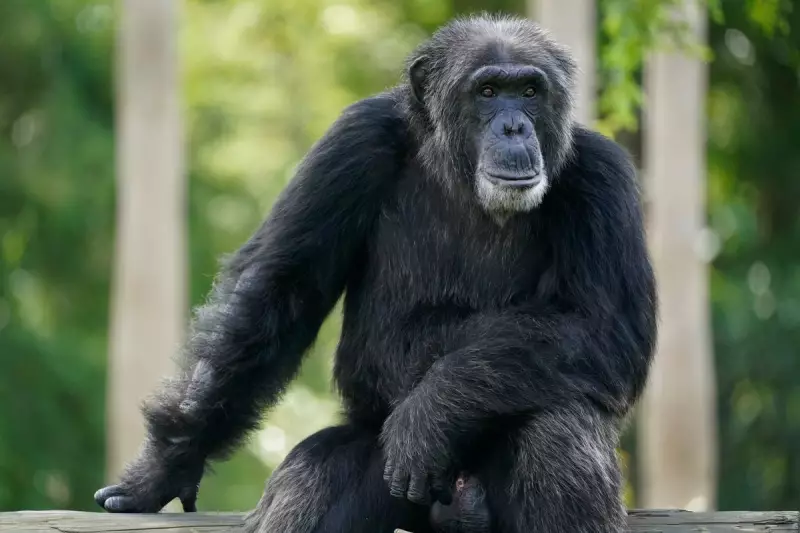
In a remarkable scientific breakthrough that bridges the gap between human and primate cognition, researchers have uncovered startling parallels in how chimpanzee brains process decisions. This groundbreaking study offers unprecedented insights into the evolutionary origins of human decision-making capabilities.
Mirror Minds: The Surprising Neural Overlap
The research reveals that when faced with complex choices, chimpanzee brains activate in patterns strikingly similar to human neural pathways. Scientists observed both species engaging comparable regions of the brain during decision-making tasks, suggesting our cognitive processes share deeper evolutionary roots than previously understood.
Methodology Behind the Discovery
Using advanced neuroimaging techniques, the research team monitored brain activity in chimpanzees as they navigated various cognitive challenges. The sophisticated approach allowed scientists to map neural responses with unprecedented clarity, creating a detailed picture of primate decision-making in action.
Key Findings That Challenge Conventional Wisdom
- Shared neural pathways between humans and chimpanzees during complex decision-making
- Similar activation patterns in brain regions associated with risk assessment and reward processing
- Evolutionary continuity in cognitive processes previously thought unique to humans
- Advanced problem-solving capabilities demonstrated through measurable brain activity
Implications for Understanding Human Evolution
This research fundamentally challenges our understanding of what makes human cognition unique. The discovered similarities suggest that many aspects of human decision-making have evolutionary precursors in our closest living relatives.
"These findings force us to reconsider the boundaries between human and animal cognition," explained the lead researcher. "We're seeing that the building blocks of human intelligence are deeply rooted in our evolutionary history."
Future Research Directions
The study opens exciting new avenues for exploring the neurological basis of intelligence across species. Researchers anticipate these findings will spark further investigation into how different evolutionary pressures have shaped cognitive abilities in various primates.
This pioneering work not only deepens our understanding of chimpanzee intelligence but also provides crucial context for understanding the development of human cognitive abilities through evolutionary time.





